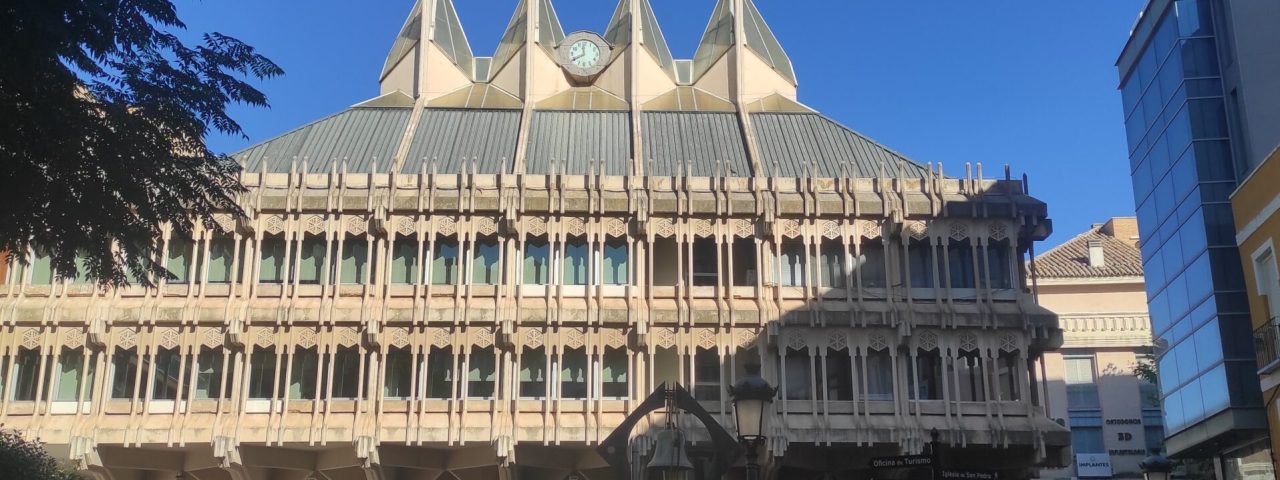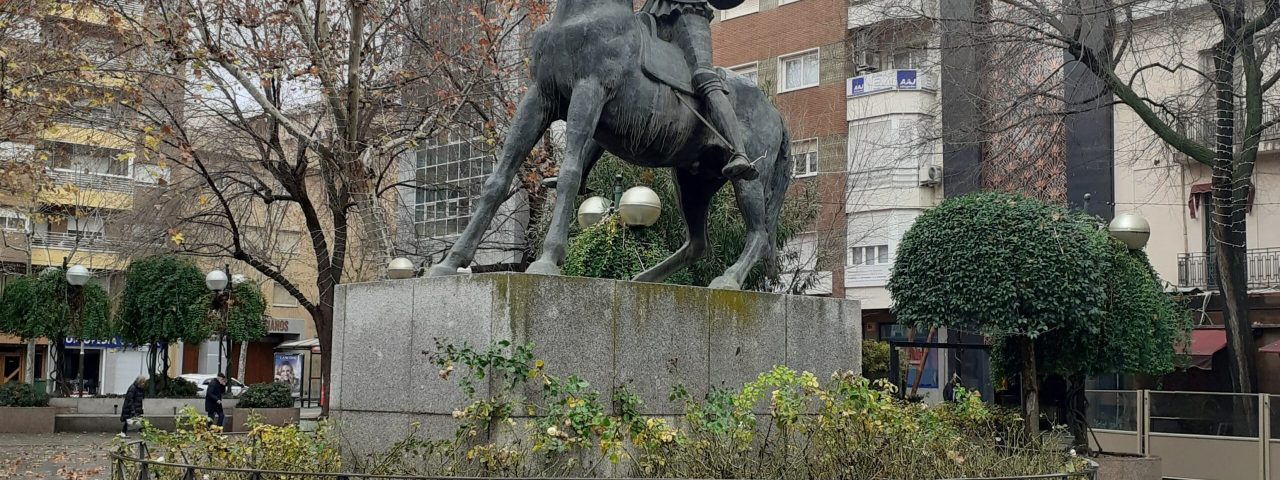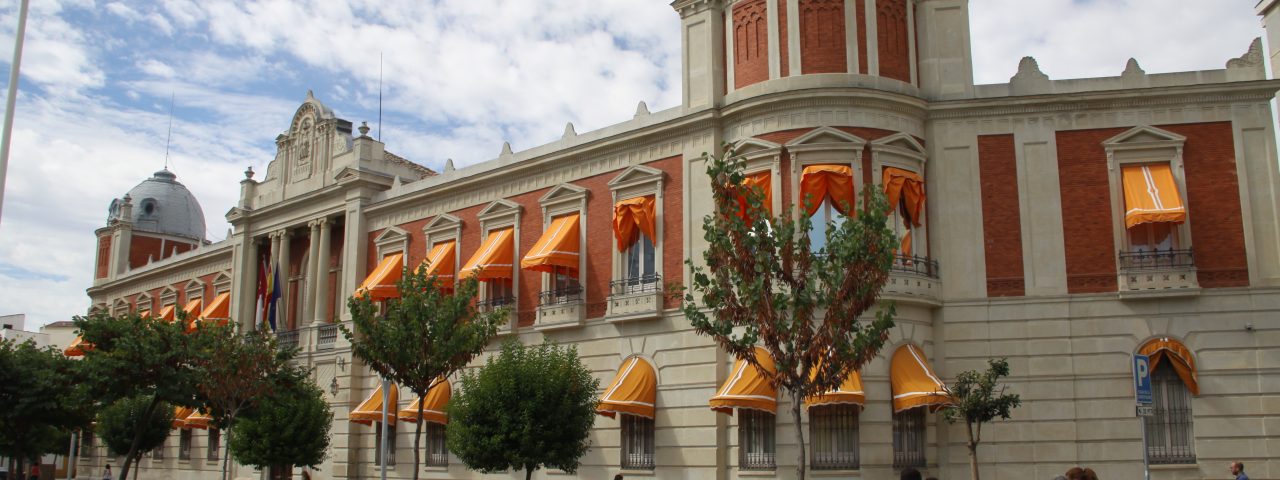Ciudad Real boasts a rich historical tapestry, shaped by its strategic location in Spain. The city was founded in the 13th century by King Alfonso X, originally designed as a fortified town to serve as a counterbalance to the influence of the powerful Order of Calatrava, a military and religious order of the time. Over the centuries, Ciudad Real became a crossroads of different cultures—Moorish, Christian, and Jewish—which contributed to its diverse architectural and cultural heritage.
One of the city’s most significant historical events was the Battle of Alarcos in 1195, a major conflict between Christian forces and the Almohads, a North African Muslim dynasty. This battle played a pivotal role in shaping the region’s history. In terms of culture, Ciudad Real is well-known for its vibrant traditional festivals, the most famous being the Fiesta de la Pandorga in late July. This festival honors the Virgin of the Prado, the city’s patron saint, with parades, traditional music, dancing, and food.
Local customs are strongly tied to the traditions of Castilla-La Mancha, with influences from centuries-old rural life. Visitors will find a deep-rooted connection to Spanish folklore, with frequent displays of music, dance, and food that reflect the region’s storied past. The legacy of Don Quixote is also evident throughout the city, making it a cultural touchstone for literary enthusiasts.


